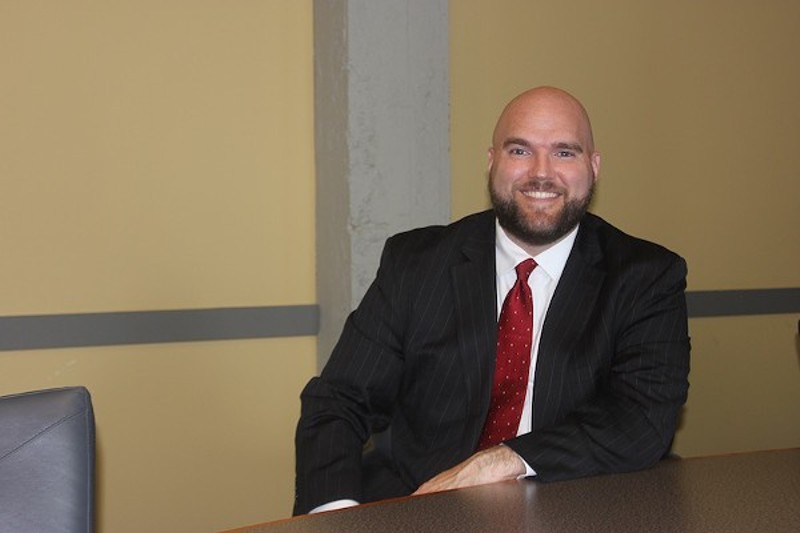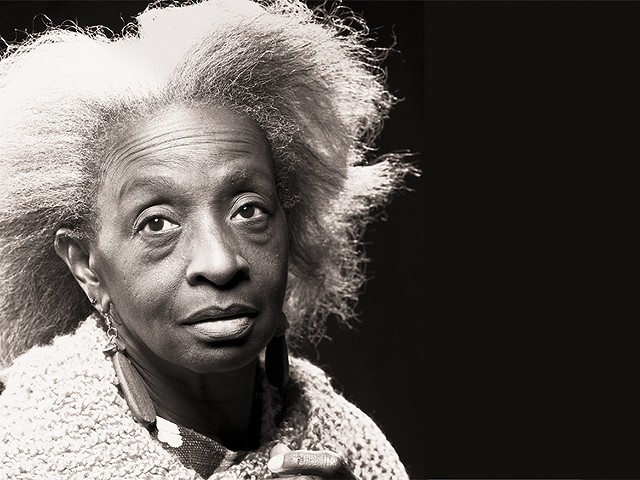'Thundering' Victory for Lawyer Who Fought St. Louis Election Board
[
{
"name": "GPT - Leaderboard - Inline - Content",
"component": "41932919",
"insertPoint": "5th",
"startingPoint": "3",
"requiredCountToDisplay": "3",
"maxInsertions": 100
}
]
The Missouri Supreme Court backed up a groundbreaking victory for Sunshine advocates — and reversed a puzzling decision to charge the victorious lawyer more than $1,000.
In 2016, attorney David Roland represented then-candidates Bruce Franks Jr. and Rasheen Aldridge, who had lost elections under sketchy circumstances to members of the politically powerful Hubbard family.
Both candidates easily captured a majority of the votes cast on Election Day — Franks for state representative in the 78th District, Aldridge for Fifth Ward Democratic Committeeman — but were edged out when absentee ballots turned up suspiciously large margins for their opponents.
Roland was eventually able to win a court order prying the envelopes and applications for absentee ballots from the St. Louis Board of Election Commissioners. Those public documents turned up enough irregularities in the absentee ballots that two special elections were ordered. Franks and Aldridge dominated in the rematches.
Roland then sought a judgment saying the records-hiding election board knowingly and purposely violated the state's Sunshine laws and sought legal fees. In an October 2017 ruling, St. Louis Circuit Court Judge Jason Sengheiser instead found that the board hadn't violated the law intentionally and wrote "costs to the plaintiff."
In a footnote to the Supreme Court, the Supreme Court would later question whether Sengheiser really meant that Roland would have to pay, "but the record shows the circuit clerk taxed costs against Mr. Roland."
The election board submitted a bill for $1,084. To penalize the winning attorney struck Roland as bizarre and sent a scary message to anyone seeking to force government entities to comply with transparency laws.
"It is difficult enough to decide to take on a Sunshine law case when you know that the likelihood you can recover expenses is low," he told the Riverfront Times then-editor Sarah Fenske in 2017. "That you can end up with a judgment against you, even in a case that you win, removes whatever incentive you may have to pursue these cases. For a public interest attorney, it severely complicates the calculation of whether we can take these cases on."
In the opinion handed down on Christmas Eve, the Supreme Court sided with Roland, confirming the records he sought should have been turned over and wiping away the $1,084 bill. In regard to the bill, the election board had argued that it was entitled to costs because the circuit judge had found it hadn't intentionally violated the law, but the Supreme Court ruled that was faulty reasoning.
"The election board was not entitled to costs simply because its sunshine law violation was not as egregious as it might have been," Judge Laura Denvir Stith wrote of the Supreme Court's unanimous decision.
In a news release, Roland called the decision a "thundering" victory for government transparency.
"This should become a landmark case in support of citizens' ability to access open public records and to hold the government accountable when it denies access to those records," he added.
We welcome tips and feedback. Email the author at [email protected] or follow on Twitter at @DoyleMurphy.






